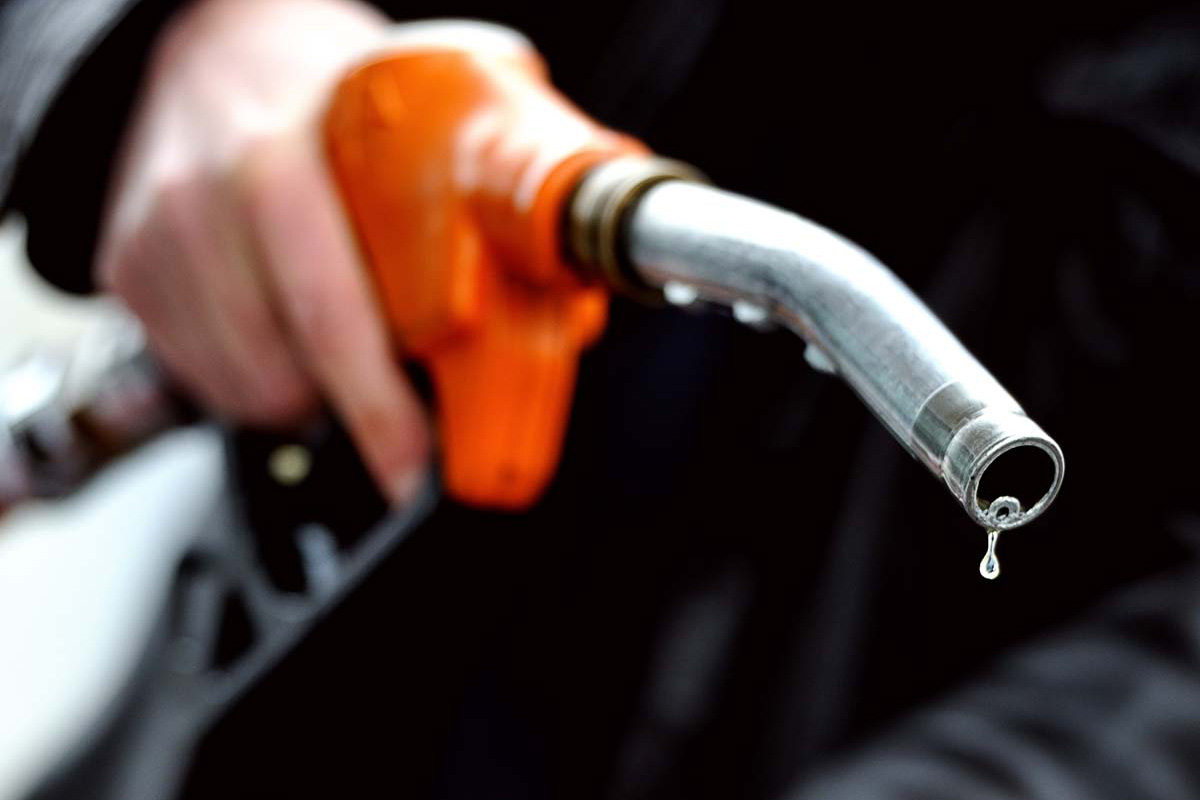Saving history through photographs
A photography exhibition, Bonedi Bari Photography Exhibition 2.0 started today at the Kolkata International Foundation in south Kolkata.
Aggrieved with the dual crisis most of the fishermen at Kakdwip, Namkhana, Raidighi, Frezerganj and Diamond Harbour in South 24-Parganas are sitting idle along with their thousands of unused trawlers at this time of high season for catching Hilsa.

File Photo
With regular hike in diesel prices during the past three weeks and economic uncertainty caused by Covid-19 pandemic have badly hit fishermen to ply trawlers to catch Bengali’s most coveted Hilsa fish in the sea.
Aggrieved with the dual crisis most of the fishermen at Kakdwip, Namkhana, Raidighi, Frezerganj and Diamond Harbour in South 24-Parganas are sitting idle along with their thousands of unused trawlers at this time of high season for catching Hilsa. And this has kept the Bengali fish lovers away from the Hilsa that costs minimum Rs 1,000 per kg.
Advertisement
On 14 June, around 3000 fishermen of Sundarvans area along with their trawlers had gone to deep sea to catch fish but most of them had come back because of the inclement weather.
Advertisement
“They fishermen got frustrated and came back with small quantity of Hilsa. Each trawler carries around 15 fishermen and it costs around two and a half lakh rupees for a week-long trip to the sea. The charge includes costs of diesel, meals for the fishermen and huge quantity of ice required to preserve the hilsa,” said an owner of a trawler at Kakdwip.
“Diesel price hike has aggravated the situation. Most of the trawlers are lying used and trawler owners are unwilling to operate their vehicle in the deep sea because of nonavailability of Hilsa from Bangladesh and Myanmar respectively. This year, it was a congenial environment for breeding of huge quantity of Hilsa because of low pollution in sea water,” said some members of West Bengal Fisherman Association.
“Economic uncertainty caused by Covid-19 pandemic and regular fuel price increase have made the situation worse this year affecting all fishermen, traders and Hilsa lovers in our state.
Cash-strapped won’t like to buy Myanmar Hilsa coughing up around Rs 1000 to Rs 1200 per kg in the market at this time economic crisis,” said Syed Anawar Maqsood, secretary at West Bengal Fish Importers Association.
“About one month ago, 1,000 tonnes of Hilsa imported from Myanmar, were lying at the wholesale markets and it had taken more than two weeks to sell to consumers,” he added.
“We had placed the orders for hilsa before the lockdown. There are no buyers because nobody is ready to pay the price for Hilsa. People are preferring fishes that are low priced. They are not keen to spendmore,” he said.
While Hilsa is not finding its place on the platter of the fish lovers, a new variety of fish ~ white dotted gizzard ~ is being imported from Middle East countries ~ Oman and UAE ~ to cater to fish eaters.
Advertisement